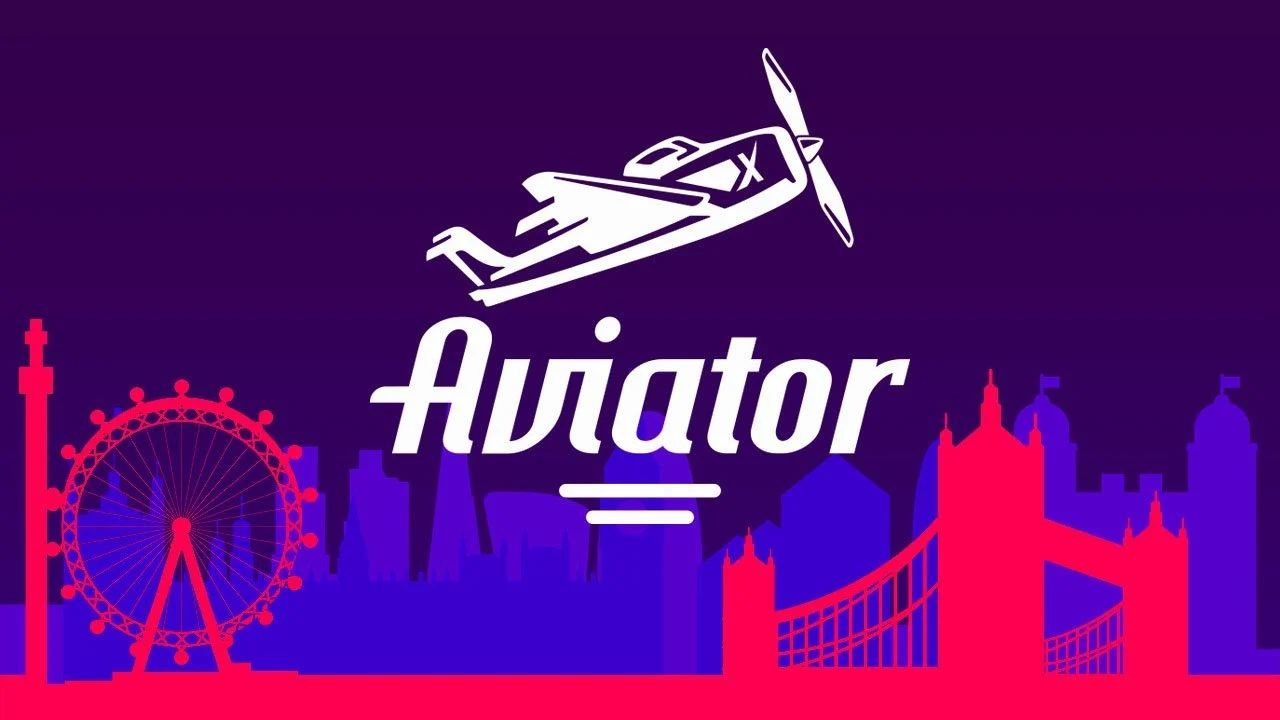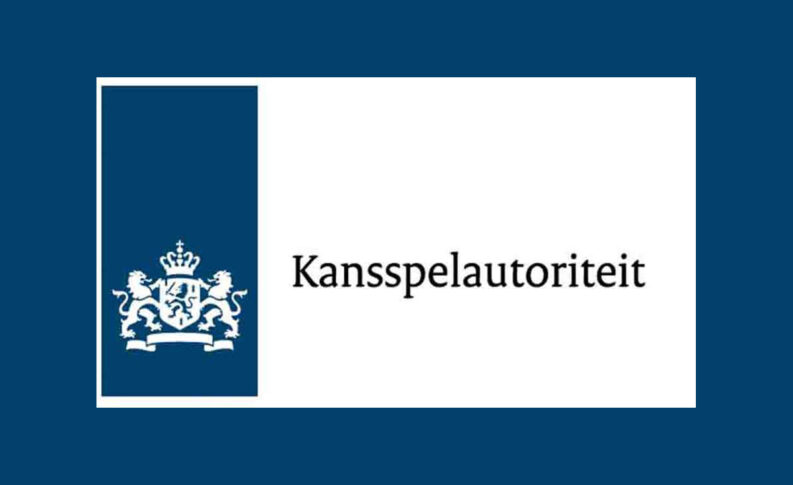Inside a courtroom in Denpasar, Bali, a case unfolds where youth culture meets the country’s ongoing battle against gambling laws. At its centre stands Vienna Varella Angeli Parinussa, a 19-year-old influencer who has a small but consistent following on Instagram and TikTok. Prosecutors this week requested that she receive a 30-month prison sentence and a Rp 30 million fine, equal to about US$1,800. Her charge involves promoting links to online gambling platforms through her verified social media accounts.
How a Teenager’s Side Hustle Became a Criminal Trial?
Vienna had about 57,000 Instagram followers, not celebrity-level reach, but sufficient to attract intermediaries working for online gambling operators. According to official court documents, between February and April, she uploaded story posts that directed her followers to these gambling websites. Her lawyer explained that her actions did not reflect a professional promoter but a young person attempting to cover personal living costs. Defence counsel Mochammad Lukman Hakim told the court she received instructions through WhatsApp from contacts using the names “Cindy” and “Justin.” He added that she completed the posts for small payments and never intended to build any wealth through these promotions.
A System Under Pressure
Indonesia enforces one of Asia’s strictest anti-gambling laws under its electronic transactions regulation, banning all gambling forms, including online betting. Government authorities classify online gambling as a national concern, citing its growing influence among young digital audiences. Prosecutors argued that Vienna’s posts did not result from carelessness but represented active participation in spreading illegal betting networks. Her case reflects wider international enforcement examples, including Dutch authorities penalising influencers for similar unlawful gambling promotions. Prosecutor Ni Putu Eriek Sumyanti informed the court that her activities weakened ongoing national campaigns against online betting. She also stated that the government views gambling prevention as a top national priority requiring strict enforcement and public awareness.
The Human Side of the Story
Vienna has no past as a criminal, admitted to the charge, and has worked with police and investigators. She moved to pass the blame of whatever she did to the judges; she even vowed that it would never repeat. Even though she has her own Instagram profile, prosecutors presented the fact that there were tens of thousands of people who viewed the gambling-related material. They claimed this exposure alone had already contributed to promoting illegal gambling across social platforms. Her lawyer emphasised that she represented a generation of young users vulnerable to quick money offers, minimal guidance, and low awareness of legal risks.
No Match for the Bigger Fight?
Vienna’s case involves small payments rather than organised crime, yet it shows the clash between digital influence and national law enforcement. She is a member of a generation which has built its life around sponsorships and side projects for day-to-day income in the changing digital landscape. At the same time, it also reports how illegal players are using influencer culture to avoid regulation. Indonesia’s legal response will determine how far authorities will extend punishment to control online gambling activities. It raises the question of whether strict penalties for a few sponsored posts serve justice or only serve as deterrent examples.
What Happens Next?
Judges will soon announce the verdict, weighing between a 30-month prison sentence and a leniency appeal from the defence. Regardless of the judgment, the situation has already created a new debate about digital responsibility and influencer accountability. Governments are at a crossroads regarding which of the presenters of illegal services they will deal with. Platforms such as Instagram and TikTok are put under the microscope for what they do or don’t do to identify and put down banned promotional activity. Balancing enforcement and economic survival for young online workers remains a major challenge across developing digital markets. For now, Vienna’s trial stands as evidence that one teenager with a smartphone can represent a national issue in Indonesia’s gambling crackdown.

 Companies
Companies 





